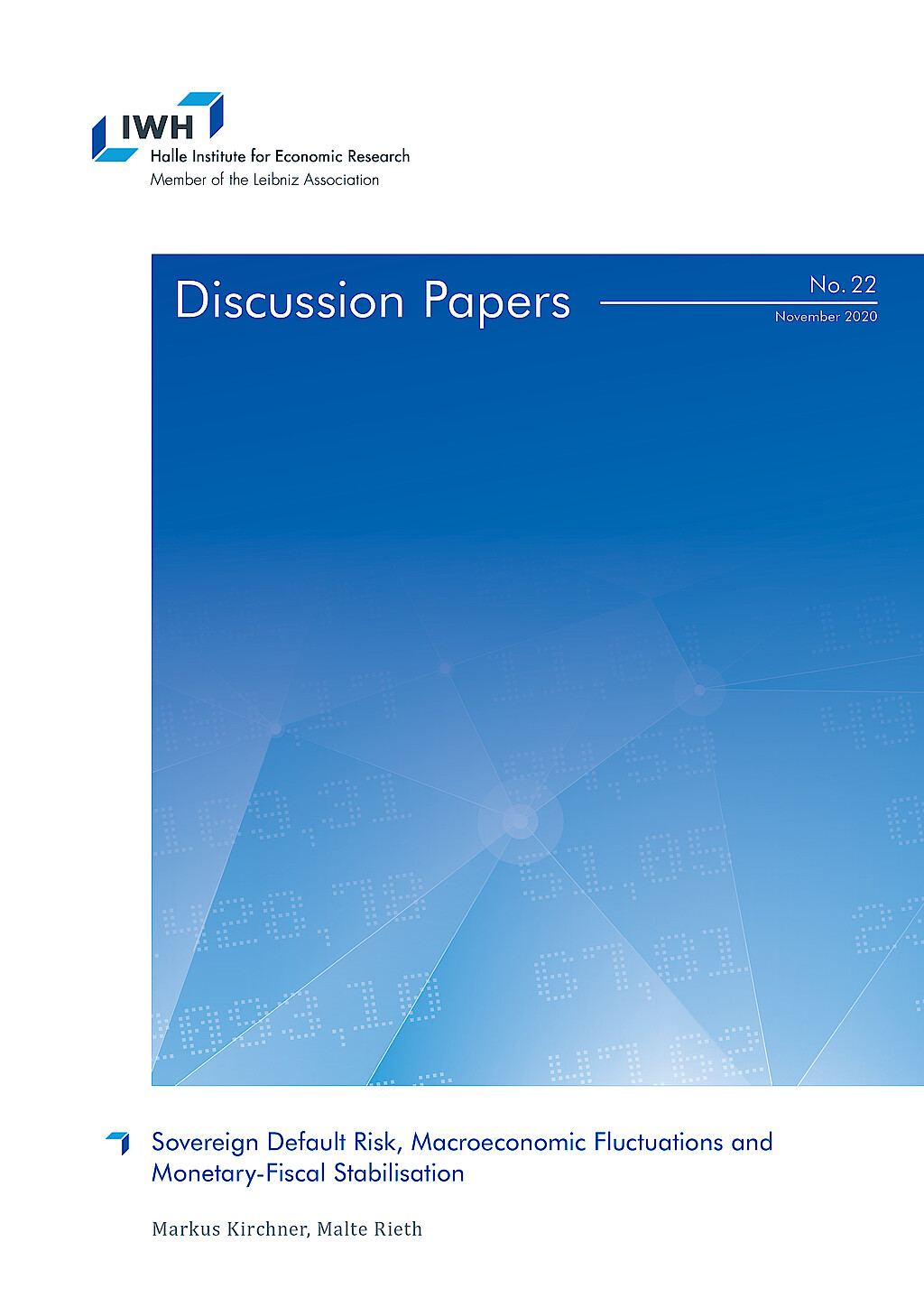
Sovereign Default Risk, Macroeconomic Fluctuations and Monetary-Fiscal Stabilisation
This paper examines the role of sovereign default beliefs for macroeconomic fluctuations and stabilisation policy in a small open economy where fiscal solvency is a critical problem. We set up and estimate a DSGE model on Turkish data and show that accounting for sovereign risk significantly improves the fit of the model through an endogenous amplication between default beliefs, exchange rate and inflation movements. We then use the estimated model to study the implications of sovereign risk for stability, fiscal and monetary policy, and their interaction. We find that a relatively strong fiscal feedback from deficits to taxes, some exchange rate targeting, or a monetary response to default premia are more effective and efficient stabilisation tools than hawkish inflation targeting.





